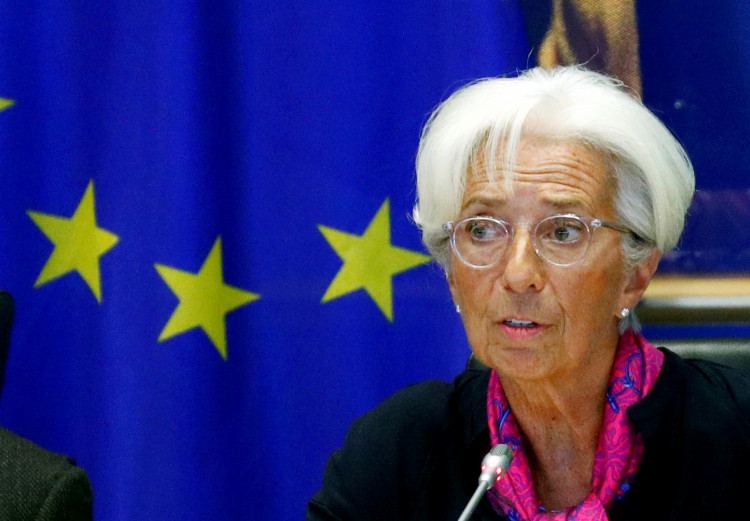Christine Lagarde's most crucial methods for boosting the economy may slide out of favor well before she becomes the most important figure in the European Central Bank.
Doubts about negative interest rates are starting to come out among policymakers in the region where they first surfaced five years ago.
A contingent of officials at the central bank in Frankfurt are beginning to wonder if they are causing more harm than good, and the Riksbank of Sweden seems jittery to be completely rid of them.
Commercial banks have long squealed against negative rates which, by placing a tax on their cash reserves, effectively curb earnings, and the scream gets stronger.
But it is the changing atmosphere between monetary policymakers and the reality that inflation has remained stubbornly weak, indicating that the policy may run out of steam.
Although U.S. President Donald Trump blasts the Federal Reserve frequently for not implementing the strategy, even the most ardent ECB supporters accept that they now need to live with the side effects.
Once outgoing President Mario Draghi, as part of a final package to boost the economy amid global trade threats, lowered the ECB's deposit rate to minus 0.5 percent in September, he included an exception for banks from some of the expenses.
The Swiss National Bank, which has the smallest interest rate in the world along with Denmark's central bank at (minus) 0.75 percent, has stepped up its borrowing relief.
Hawkish officials like Bundesbank President Jens Weidmann and Dutch central bank governor Klaas Knot have warned time and again that ultra-low rates are blowing up bubbles in asset prices and encouraging risky leveraged loans.
In the ECB's own Financial Stability Assessment, these issues are included. This month, Belgian Governor Pierre Wunsch informed Bloomberg that officials may need an escape clause from their agreement to maintain current and lower rates.
Even Governor Ignazio Visco of the Bank of Italy, a long-standing supporter of monetary stimulus, is reluctant to back any further cuts, saying on Thursday that there is "uncertainty" about the effectiveness of some of the stimulus measures of the ECB.
Austrian Governor Robert Holzmann needs the ECB to start a discussion under Lagarde on the removal of the strategy of negative rates in a way that "won't wreak havoc" on the system.
According to reports, she might be ready, telling France's BFM TV on Wednesday that "there is a period when the issue of the balance between the positive and negative effects" will have to be asked.






